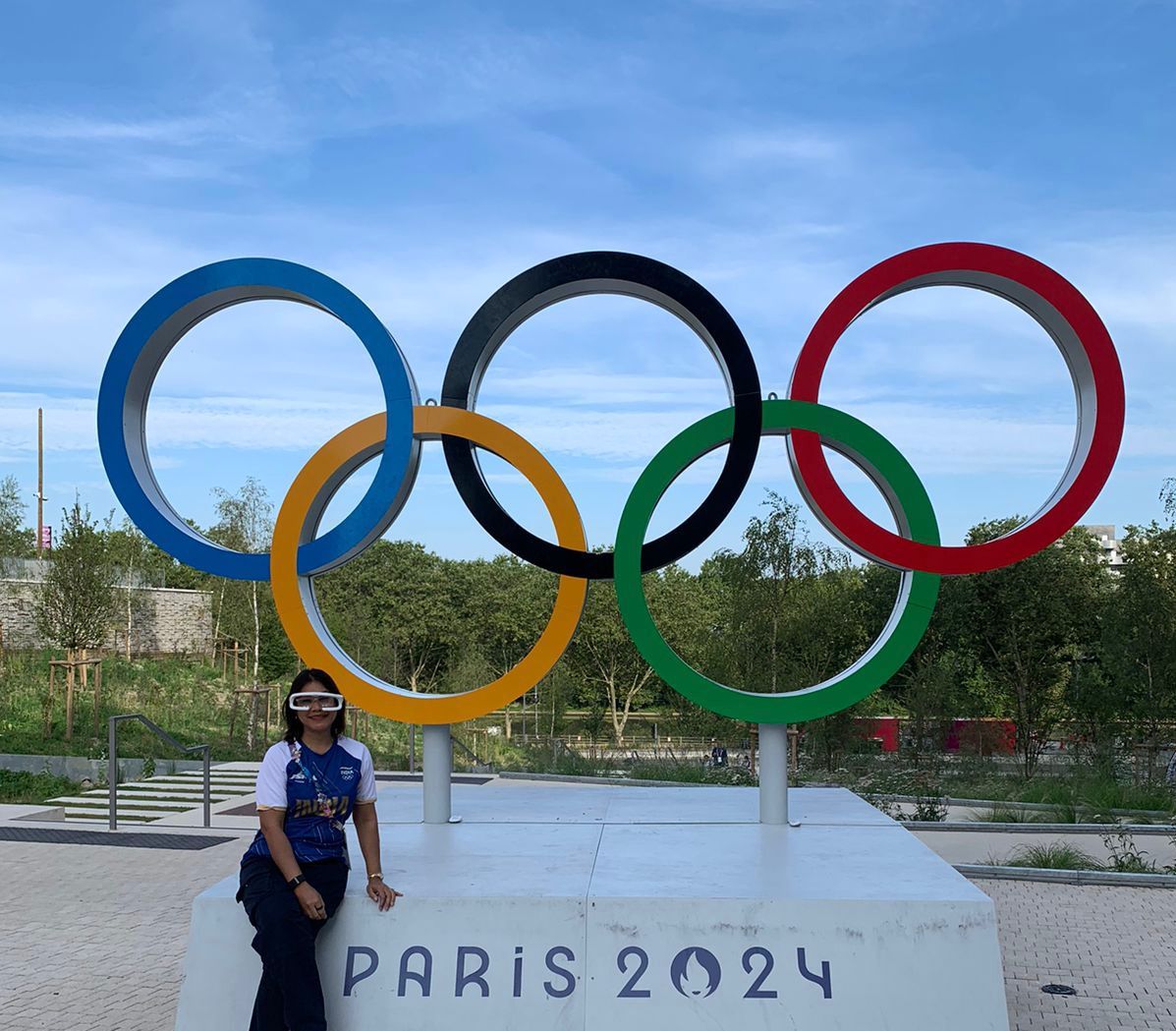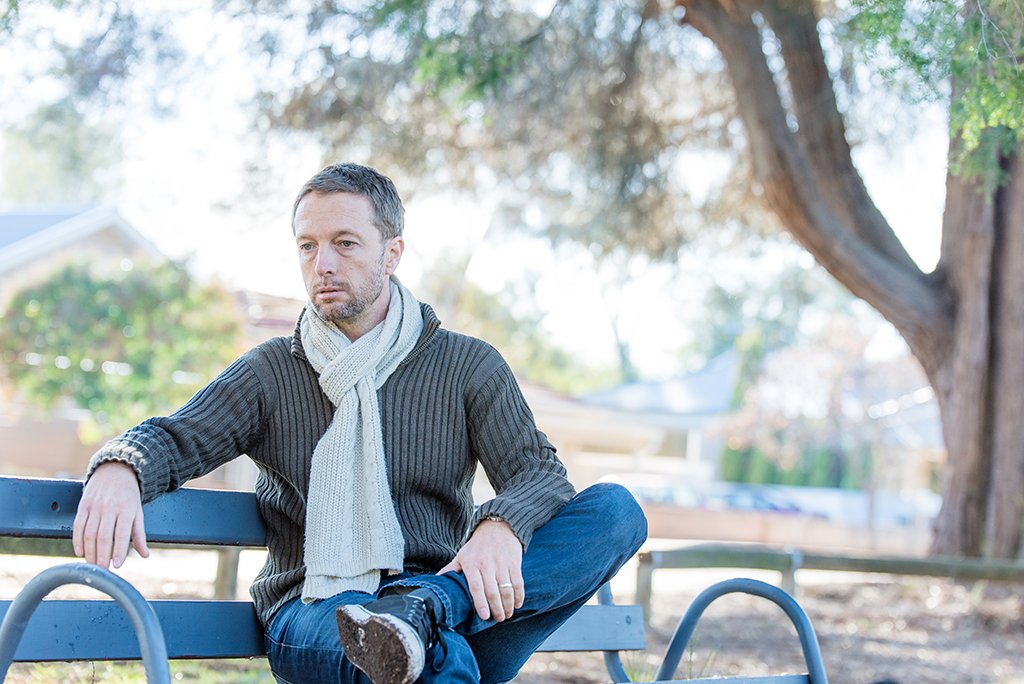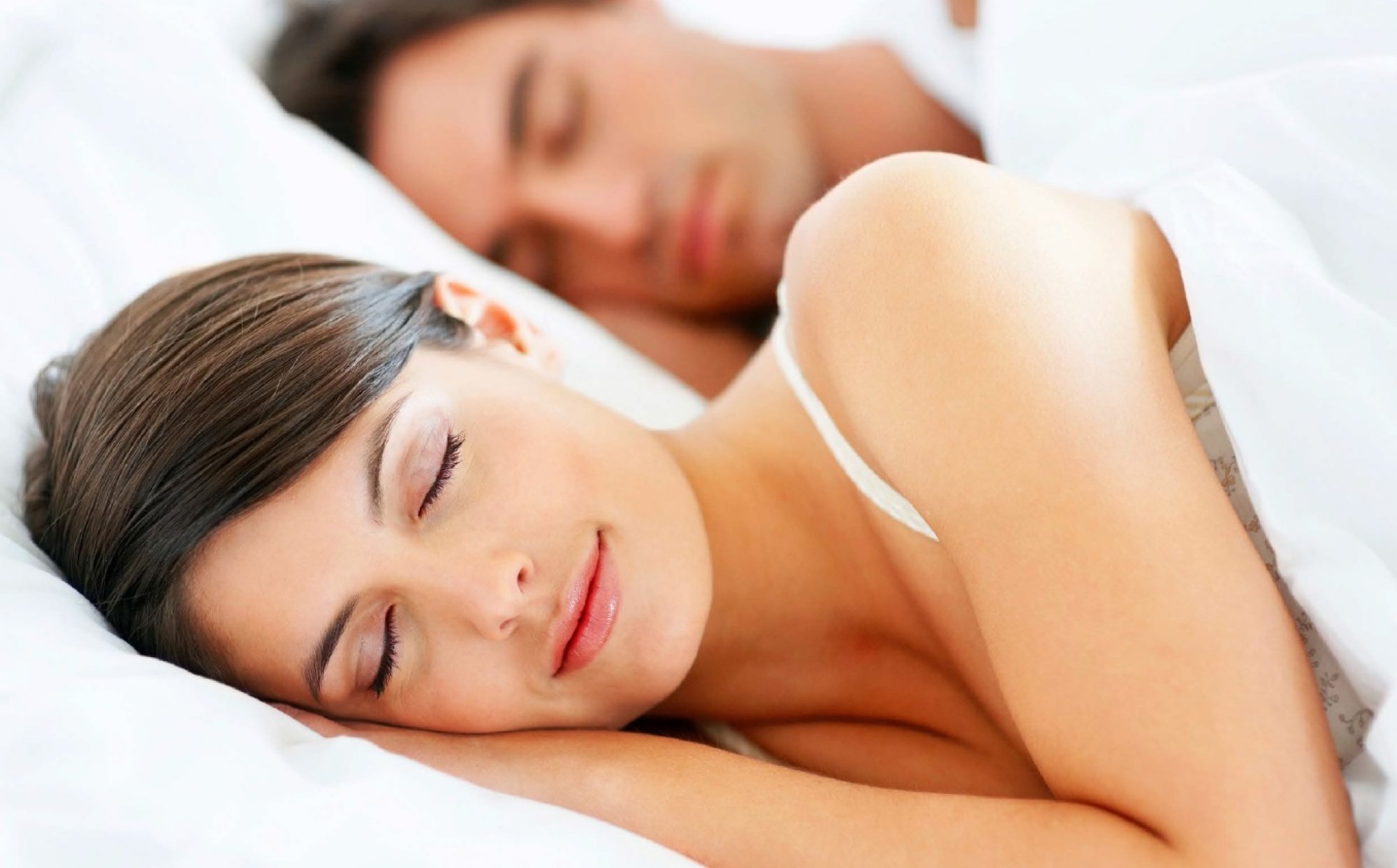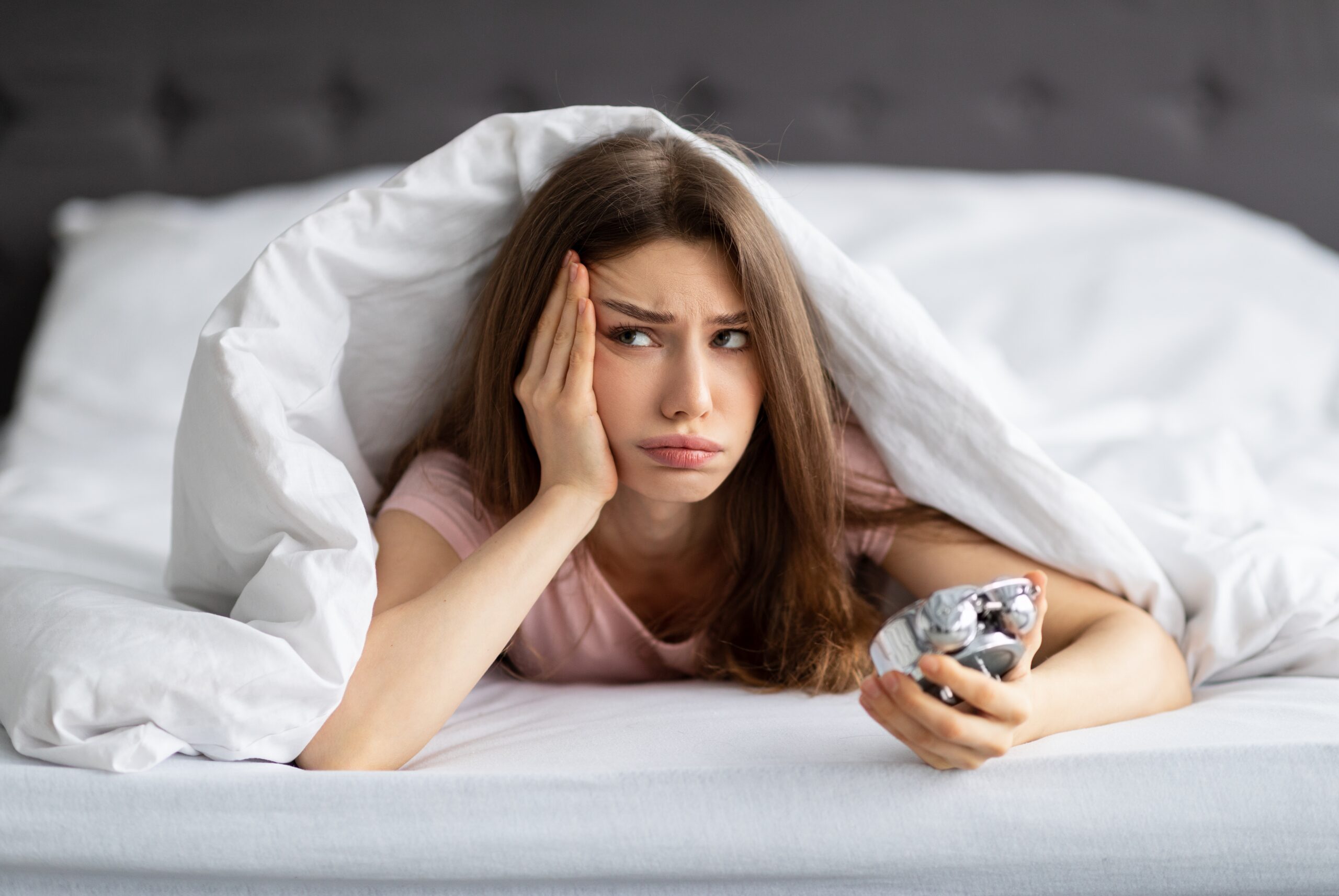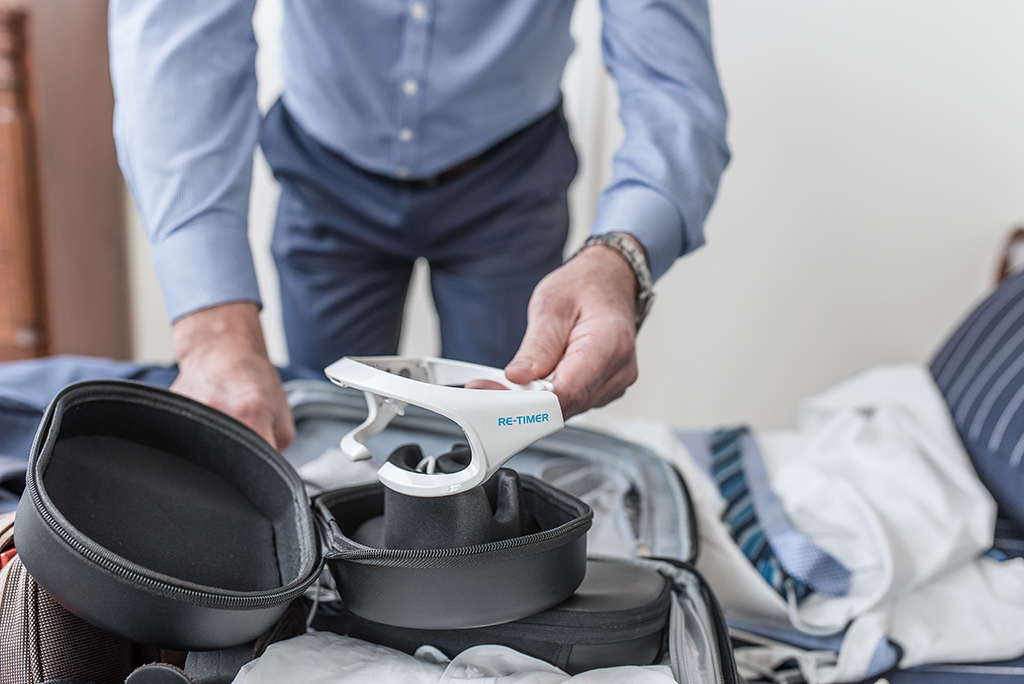In the recent past I have seen a surge in high performing clients in my clinical practice, traveling around the globe for work or leisure and seeking advice for jet lag management to make sure they reach feeling fully fueled than fatigued due to change in multiple time zones
Jet lag is a common challenge for international travelers. It occurs when the body’s internal clock, or circadian rhythm, falls out of sync with the local time zone. This misalignment disrupts sleep and affects various bodily functions. We all know that the travel across time zones confuses the body with the sleep-wake schedules, but we miss the common signs such as fatigue, irritability, impaired cognitive function, and digestive issues.
Despite its common prevalence, many people skip seeking solutions, hoping their bodies will naturally adjust to their sleep-wake cycles. It’s interesting to note that the global sleep market is evolving rapidly, driven by increasing awareness of the importance of quality sleep for overall health, especially during significant time zone changes. While melatonin supplements are a popular option, there are also effective alternatives, such as light therapy devices, which, when used with a disciplined routine, can offer substantial benefits. They are also my preferred option over supplements.
A study by Charmane l. Eastman (2005), published in Journal of Sleep Research, evaluated the effectiveness of timed bright light therapy in reducing jet lag symptoms for long-haul travellers. The randomized controlled trial involved participants crossing six or more time zones, who were exposed to bright light therapy both before and after their flights. The therapy consisted of 60-90 minutes of exposure to bright light (10,000 lux) in the morning to help advance the circadian rhythm prior to departure and post-arrival at the destination. This treatment aimed to synchronize the travelers’ internal clocks more quickly with the local time zone, thereby minimizing common jet lag symptoms such as sleep disturbances, fatigue, and cognitive impairment.
Results showed that participants using light therapy experienced a significant reduction in jet lag symptoms compared to the control group. The study’s findings indicated improvements in sleep onset, daytime alertness, cognitive function, and overall mood, with faster adjustment to the new time zone. Travelers who used the light therapy felt less fatigued and more alert, leading to better performance during the initial days post-travel. The study highlights the potential of light therapy as a non-pharmacological intervention for managing jet lag in frequent travelers.
Re-Timer glasses, designed specifically for light therapy, stand out as one of the best devices available for this purpose. These wearable glasses emit the optimal spectrum of light required to shift the circadian rhythm, helping travelers align their internal clocks with new time zones more quickly and effectively.
Re-Timer glasses are portable and convenient, making them an ideal solution for frequent travelers. Based on the research findings, timed exposure to bright light, such as that provided by Re-Timer, can lead to improved sleep onset, reduced fatigue, enhanced cognitive function, and better mood post-travel. For anyone looking for a practical and scientifically supported solution to jet lag, Re-Timer glasses offer an efficient and user-friendly way to integrate light therapy into their travel routine.
Travel is integral to my work as well; I always bring my retimer light therapy glasses on international trips. These glasses are designed to align the body’s circadian rhythm using a specific wavelength of light. By adjusting the internal clock to match the local time zone, they address the root cause of jet lag.
The process is simple: wear the re-timer for the recommended duration at the specified times.
Integrating these wearables into my routine has brought noticeable improvements in my sleep quality and overall energy levels. This has helped me handle my demanding responsibilities more effectively.
As an avid traveler for both work and leisure, my recent role as a Sleep Advisor for the Indian contingent at the Paris 2024 Olympics reinforced the importance of circadian rhythm alignment for optimal health and peak performance. By carefully aligning my internal clock with the local time zone, I was able to minimize fatigue, stay fully present, and effectively manage my responsibilities. Light therapy, particularly through the use of Retimer, played a pivotal role in combating jet lag, allowing me to perform at my best. This experience underscores how modern solutions can significantly enhance performance and tackle the challenges of international travel.
